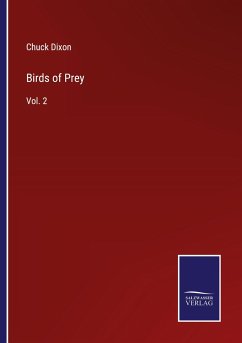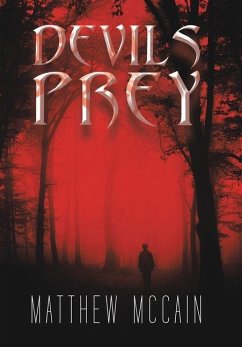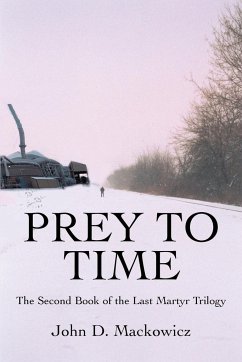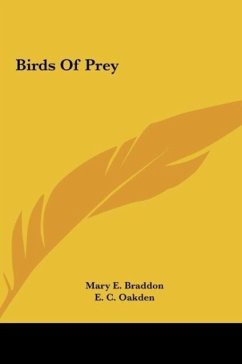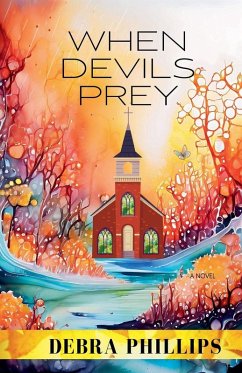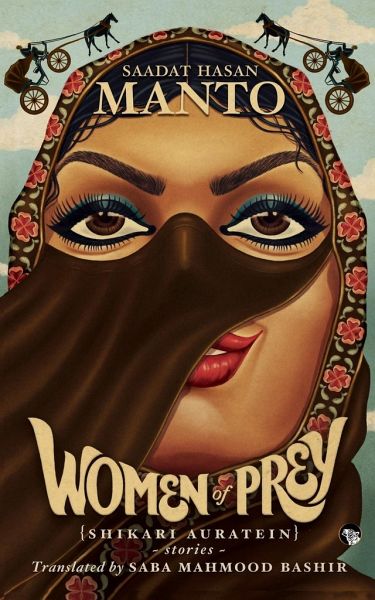
Women of Prey (Shikari Auratein)
Stories
Versandkostenfrei!
Sofort lieferbar
12,99 €
inkl. MwSt.

PAYBACK Punkte
6 °P sammeln!
'The undisputed master of the modern Indian short story.'-Salman Rushdie Originally published in 1955 as Shikari Auratein, Women of Prey is a hugely entertaining and forgotten classic containing raunchy, hilarious short stories and profiles that show a completely different side of Manto. As he's enjoying a kulfi in his Victoria coach after a long day at Filmistan, a beautiful burqa-clad woman suddenly hops in next to Manto, ready to go home. What will he do next? When Ashok stumbles across a porn film for the first time in his life, he is appalled. What will happen when his wife gets a hold of...
'The undisputed master of the modern Indian short story.'-Salman Rushdie Originally published in 1955 as Shikari Auratein, Women of Prey is a hugely entertaining and forgotten classic containing raunchy, hilarious short stories and profiles that show a completely different side of Manto. As he's enjoying a kulfi in his Victoria coach after a long day at Filmistan, a beautiful burqa-clad woman suddenly hops in next to Manto, ready to go home. What will he do next? When Ashok stumbles across a porn film for the first time in his life, he is appalled. What will happen when his wife gets a hold of the contraband? Will two bitter lovers-about to give it all up-resolve their differences, before they take each other's lives? Can Ashok Kumar, heartthrob to millions of women, handle Paro Devi's affections? In addition to these stories, this volume also includes 'Sitara', Manto's scandalous profile of the legendary Kathak dancer, famous for her troop of lovers. Appearing in English translation for the first time ever, this gem of a collection is a gloriously pulpy, sexual, hilarious and tragic romp through Manto's Bombay, Lahore and Amritsar.



